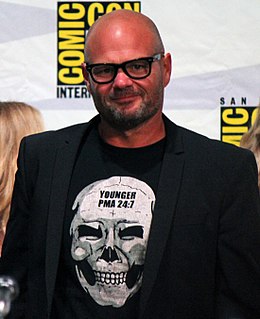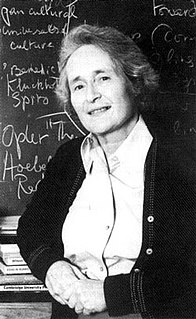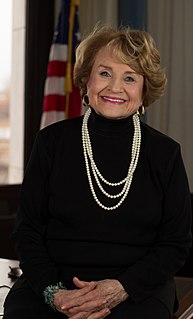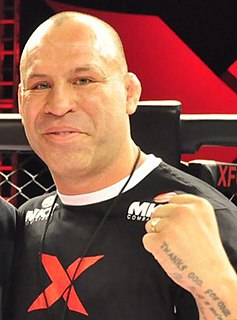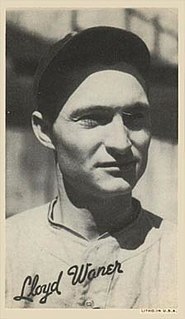A Quote by Robert Morgan
I encourage students to pursue an idea far enough so they can see what the cliches and stereotypes are. Only then do they begin to hit pay dirt.
Related Quotes
If we can abstract pathogenicity and hygiene from our notion of dirt, we are left with the old definition of dirt as matter out of place. This is a very suggestive approach. It implies two conditions: a set of ordered relations and a contrevention of that order. Dirt then, is never a unique, isolated event. Where there is dirt there is a system. Dirt is the by-product of a systematic ordering and classification of matter, in so far as ordering involves rejecting inappropriate elements.
Once you allow yourself to identify with the people in a story, then you might begin to see yourself in that story even if on the surface it's far removed from your situation. This is what I try to tell my students: this is one great thing that literature can do - it can make us identify with situations and people far away.
Beware of clichés. Not just the clichés that Martin Amis is at war with. There are clichés of response as well as expression. There are clichés of observation and of thought - even of conception. Many novels, even quite a few adequately written ones, are clichés of form which conform to clichés of expectation.
The only valid reason to use clichés is in the speech of a character. Cliches are indications of sloppy writing. The writer does not respect the scene he is trying to dramatize enough to fashion it through precise prose and imaginative imagery. From the book Dare to be a Great Writer: 329 Keys to Powerful Fiction by
I tell my students, it's not difficult to identify with somebody like yourself, somebody next door who looks like you. What's more difficult is to identify with someone you don't see, who's very far away, who's a different color, who eats a different kind of food. When you begin to do that then literature is really performing its wonders.
In my mind, the purpose of education is to enable human beings to develop to their full potential, intellectually and spiritually. That means that students have to be empowered to pursue self-knowledge and the skills that will help them be of service to their fellow human beings. Education should encourage people to develop their curiosity about life; above all, it should not trivialize either the students or their lives.

